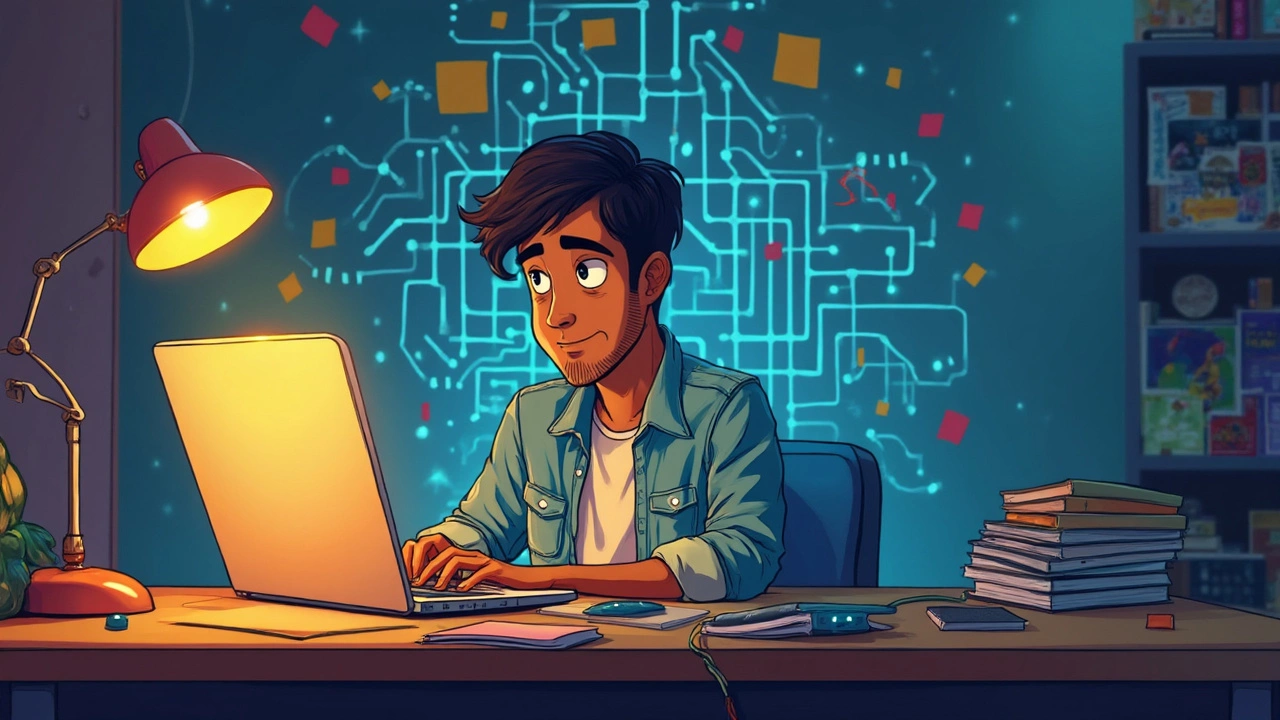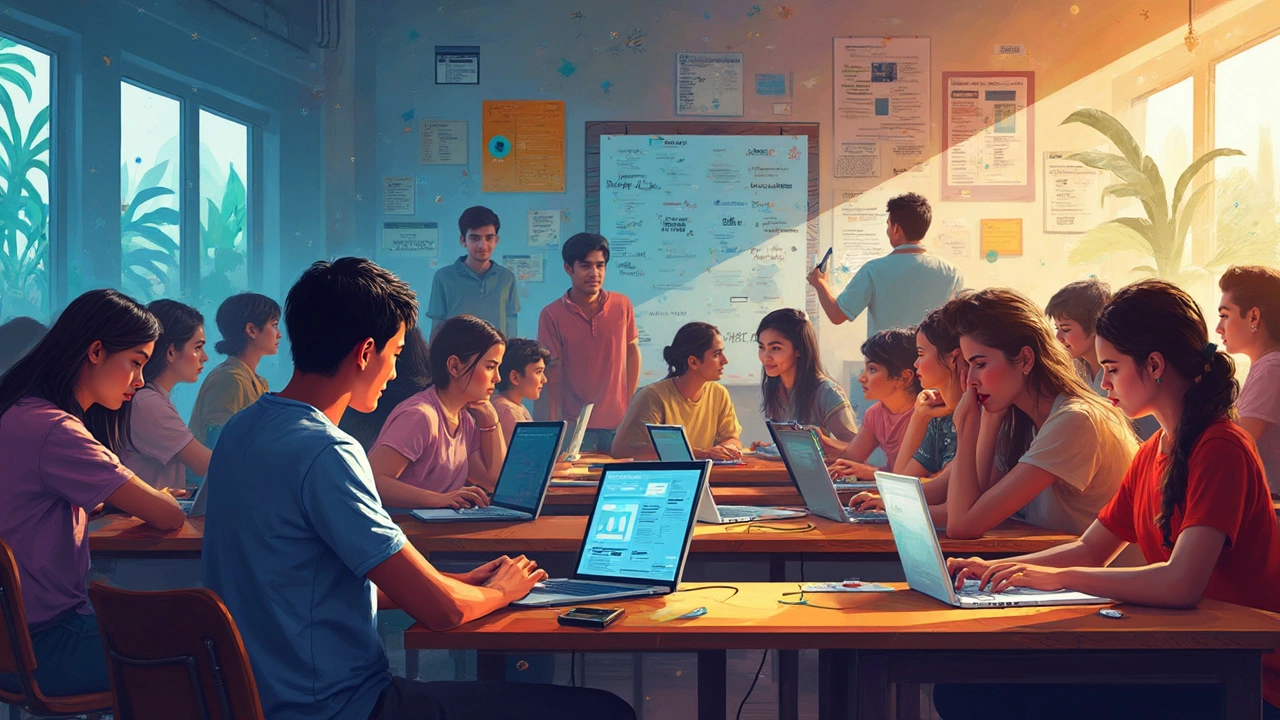Beginner Coding: Getting Started with Programming Basics
When working with beginner coding, the process of learning to write simple programs and understand core programming concepts. Also known as coding for newbies, it lays the foundation for building software, automating daily tasks, and solving problems with computers.
Programming Programming, writing instructions that a computer can execute is the heart of beginner coding. You don’t need a degree in computer science to start; a logical mindset and curiosity are enough. The first step is to grasp variables, loops, and conditional statements – the building blocks that let a computer follow a set of rules. Once those basics click, you’ll see how beginner coding opens doors to creating simple games, automating spreadsheets, or building a personal website.
Math Math, the quantitative discipline that supports logical problem solving often scares newcomers, but its role in coding is lighter than many think. Basic arithmetic, counting, and pattern recognition are enough for most entry‑level projects. More advanced topics like algebra or discrete math appear later, when you tackle data structures or algorithms. Understanding that math is a tool, not a barrier, helps you stay confident while you write your first functions.
Online learning platforms Online learning platforms, websites and apps that deliver interactive coding tutorials have turned beginner coding into a hands‑on experience. Sites such as Codecademy, freeCodeCamp, and Coursera let you write code in the browser, receive instant feedback, and progress at your own pace. These platforms pair video explanations with interactive exercises, so you can practice loops right after watching a short video. The ease of access means you can start learning from a phone, tablet, or laptop without setting up a complex development environment.
Beginner coding encompasses programming fundamentals, requires logical thinking, and benefits from a supportive community. Platforms like GitHub and Discord host beginner‑friendly groups where you can ask questions, share snippets, and get feedback. Engaging with peers reinforces concepts and keeps motivation high. As you grow, you’ll notice how programming influences career opportunities, from entry‑level developer roles to tech‑adjacent jobs such as data analysis or digital marketing.
To turn curiosity into skill, treat each new concept like a small puzzle. Write a tiny script that prints your name, then modify it to ask for user input, then add a loop that repeats the greeting. These incremental steps build confidence and solidify the mental models you need for larger projects. Remember, every experienced coder started where you are now – with beginner coding and a willingness to experiment.
Below you’ll find a curated collection of articles that dive deeper into the topics we just covered. Whether you’re wondering if math is a must, looking for the best free platforms, or curious about which programming language can boost your future earnings, the posts listed after this intro will give you concrete tips, real‑world examples, and actionable roadmaps to keep your coding journey moving forward.
Learning to code might seem like a maze at first, but breaking it down into the right steps can simplify the journey. This article guides beginners through seven clear and manageable steps to start coding, from choosing the right language to building real projects. With practical tips and interesting facts, readers will find coding less daunting and more exciting. It's a no-nonsense guide to kickstart your coding skills and keep you on track. Ready to dive into the world of programming?
View More
Ever wondered where to start your coding journey? This article breaks down the best places and platforms for beginners to learn coding effectively, whether online or in person. It highlights key factors to consider, such as learning style and budget, while offering tips to make the most of your chosen learning environment. Aiming to simplify the decision-making process, it points out the essential steps to kickstart your path in programming.
View More
Deciding which code to learn first can be overwhelming, especially with so many languages to choose from. This guide breaks down popular programming languages like Python, JavaScript, and HTML, offering a practical look at their uses and best starting points for beginners. By focusing on language versatility and user-friendly syntax, aspiring coders can make informed decisions that align with their goals. Learn why purpose and personal interests should drive your choice, maximizing both learning enjoyment and future opportunities.
View More


